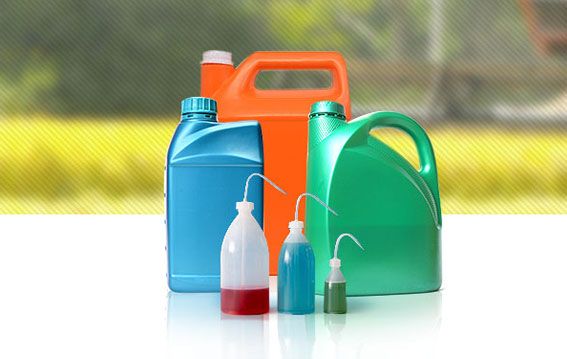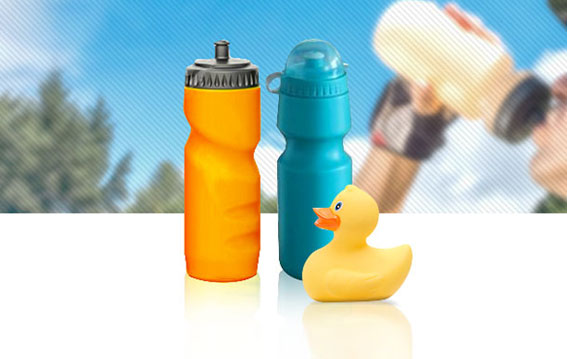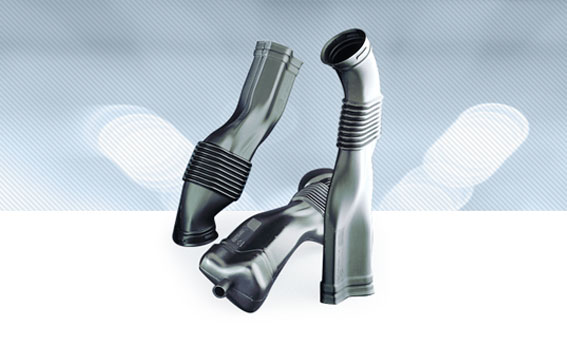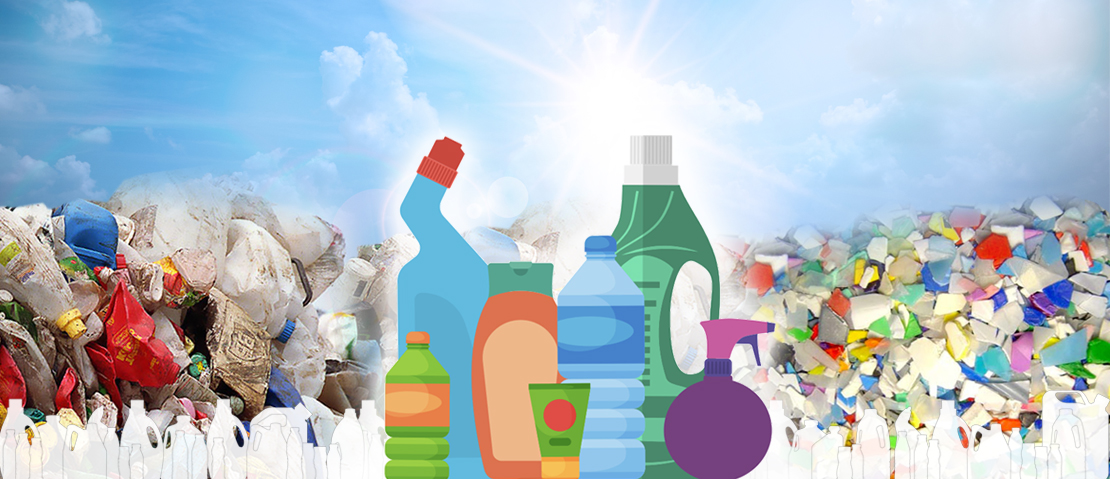
Does plastic pollute? Let's talk about!
From an industrial point of view, replacing plastic is practically impossible. Unfortunately, we have come to consider it as an indestructible and also highly polluting material. But is it really so? What can be the solutions for a more sustainable future?
Plastic has become by far the most popular material in the world. Yet its industrial use is relatively recent. Since the Second World War, its use has increased exponentially all over the world, due to its peculiarity of assuming any type of form. We wear it, we find it at home, in our cars, in children's games, in plumbing systems, in the storage and transport of food, chemicals, and many other applications. Plastic components are also present and indispensable in the aerospace industry. This is why thinking of being able to do without it is mere utopia. But it is also indestructible and this is a very serious problem for the sustainability of our world, given that in terms of environmental pollution, single-use plastic is the biggest problem.
What solutions can be envisaged? What will be the future of plastic and its use? How to solve what is now considered a global problem, given that the marine ecosystem is drowning in plastic? The only way seems to be that of adopting virtuous behaviour, without which the problem will only get worse. In addition to a more conscious use by consumers and actions to reduce and limit the flow of plastic into rivers and seas, the trend will have to be a recovery and reuse of the material, transforming it from waste into a new resource in a circular economy context that respects the planet.
Recycled polyolefins
An important share of the recycling market concerns precisely HDPE and PP containers and the technologies used are often at the forefront to obtain virgin resins of excellent quality to be used for the production of food, chemical and industrial packaging. Many companies, by trend or need, are now oriented to the use of recycled polymers. There are those who, without naming names, have taken over a company specializing in the regeneration of polypropylene from scraps and plastic waste destined mainly for the automotive sector, to reach a use of 50% of recycled resin to produce containers and bottles for industrial use. But the same happens for the detergent and cosmetic sectors. Lower CO2 emissions, lower energy and water consumption requirements.
Design and production of eco-sustainable containers
In Plastiblow we have been manufacturing electric extrusion blow molding machines for some time that use recycled material for the production of co-extruded containers in percentages of up to 60 - 80% in the central layer, using the remaining 40 - 20% of virgin material for the internal and external layers. An opportunity that we think is important for all companies that intend to contribute to the protection of the environment. We know that it is not the final solution that can resolve the issue immediately, however it is a big step towards greater balance.
For further information on our production, you can read some articles:
https://www.plastiblow.it/en/focus-on/tech-news/circular-economy-and-sustainable-packaging-plastiblow-s-commitment
https://www.plastiblow.it/en/focus-on/tech-news/plastiblow-and-sustainable-plastic-containers https://www.plastiblow.it/en/focus-on/tech-news/plastiblow-tra-i-relatori-al-iii-congresso-internazionale-dellindustria-plastica-a-lima
A few numbers (various internet sources):
- 50% of the world production of plastic is made up of the disposable type
- 13 million tons of plastic end up in the oceans every year
- 150 million tons of plastic already present in the oceans
- only 14% of the world's plastic production is collected and recycled
- in Europe only 32% of the plastic produced was recycled
- only 5% of the recycled material is reused
- 330 micrometers is the diameter of the smallest microplastics present in the seas
- 127 countries around the world that have implemented a policy aimed at reducing the presence of plastic
For more information: plastiblow@plastiblow.it

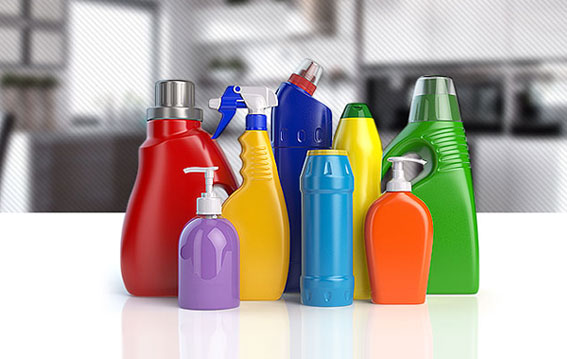
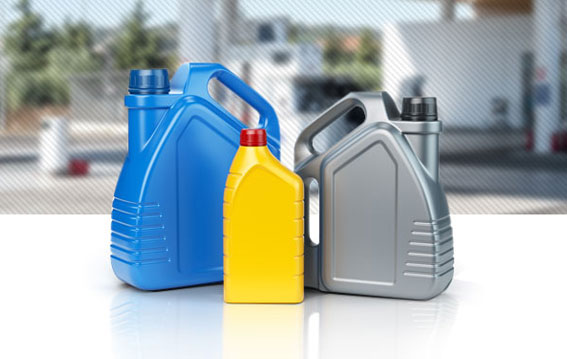
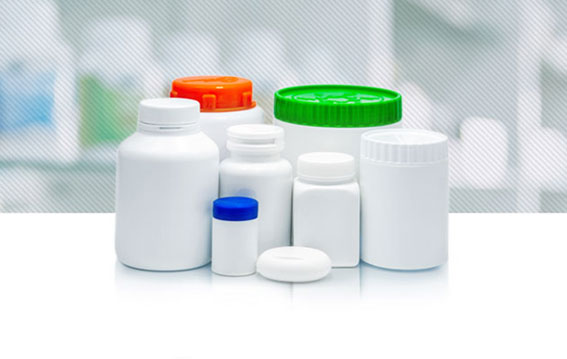
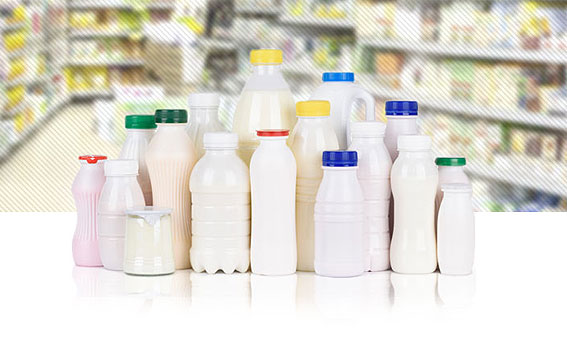
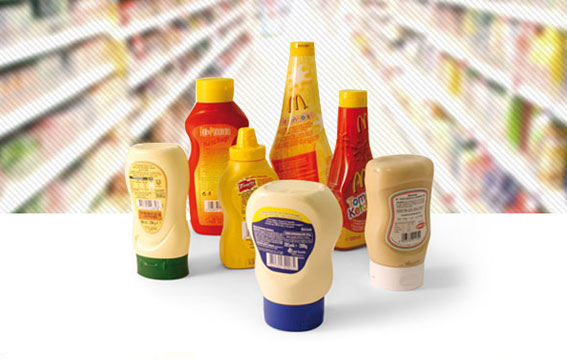
.jpg)
